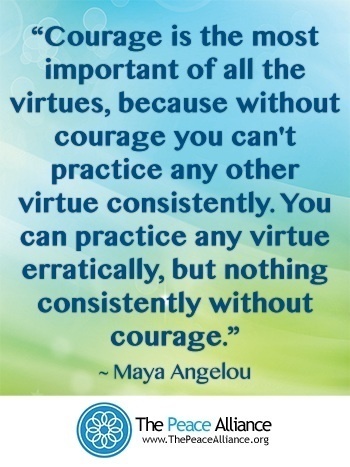Secret Ingredient for Success - NYTimes.com
Jared Sperli stashed this in startup

Source: www.nytimes.com
Stashed in: #success, Learn!, Courage, Change, Psychology!
Mr. Chang changed course. Rather than worry about what a noodle bar should serve, he and his cooks stalked the produce at the greenmarket for inspiration. Then they went back to the kitchen and cooked as if it was their last meal, crowding the menu with wild combinations of dishes they’d want to eat — tripe and sweetbreads, headcheese and flavor-packed culinary mashups like a Korean-style burrito. What happened next Mr. Chang still considers “kind of ridiculous” — the crowds came, rave reviews piled up, awards followed and unimaginable opportunities presented themselves.
During the 1970s, Chris Argyris, a business theorist at Harvard Business School (and now, at 89, a professor emeritus) began to research what happens to organizations and people, like Mr. Chang, when they find obstacles in their paths.
Professor Argyris called the most common response single loop learning — an insular mental process in which we consider possible external or technical reasons for obstacles.
LESS common but vastly more effective is the cognitive approach that Professor Argyris called double-loop learning. In this mode we — like Mr. Chang — question every aspect of our approach, including our methodology, biases and deeply held assumptions. This more psychologically nuanced self-examination requires that we honestly challenge our beliefs and summon the courage to act on that information, which may lead to fresh ways of thinking about our lives and our goals.
I like this concept of double loop learning where assumptions are questioned along the way.










6:08 PM Jan 23 2013